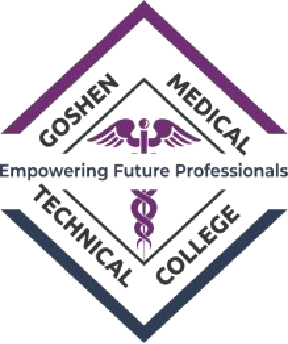This diploma equips students with professional skills to work in medical, research, and industrial laboratories. The curriculum covers microbiology, hematology, clinical chemistry, immunology, parasitology, and diagnostic techniques, with a strong emphasis on laboratory safety and quality control. Learners are trained to perform laboratory tests, analyze samples, and prepare scientific reports with precision and accuracy. The IT component introduces laboratory information systems, digital data entry, statistical analysis software, and electronic reporting platforms. This integration ensures graduates are competent not only in laboratory procedures but also in applying technology to improve efficiency and accuracy in scientific work.
Benefits of the Course:
Potential Employers:
Graduates can work in:
Self-Employment & Flexibility:
Graduates may establish private diagnostic labs, laboratory consultancy services, or scientific equipment supply businesses. With IT skills, they can also work as freelance data analysts, quality assurance consultants, or laboratory information system technicians. Their scientific and technical background also allows them to fit into related fields such as public health, industrial testing, and environmental monitoring.
Preparation for Further Studies:
This diploma is a strong foundation for degree programs in Medical Laboratory Science, Biomedical Science, Applied Biology, or Biotechnology. Graduates may also pursue professional certifications in clinical diagnostics, laboratory quality management, or bioinformatics to further specialize.
